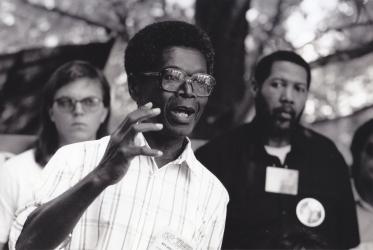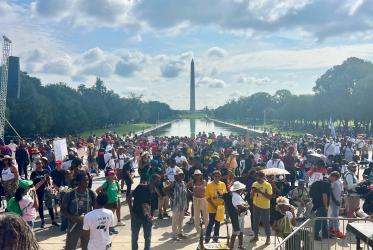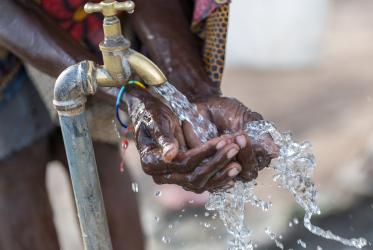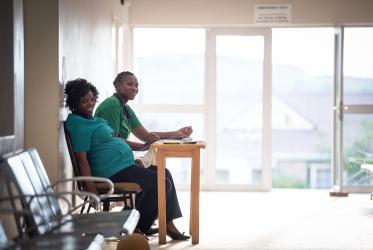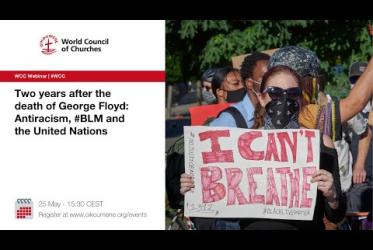Displaying 1 - 20 of 224
01 February 2024
Pandemic and pedagogy: what are the valuable lessons?
21 December 2022
WCC offers health and healing workshop at All Africa Youth Congress
07 November 2022
Theological education in Africa promotes social transformation
03 November 2022

